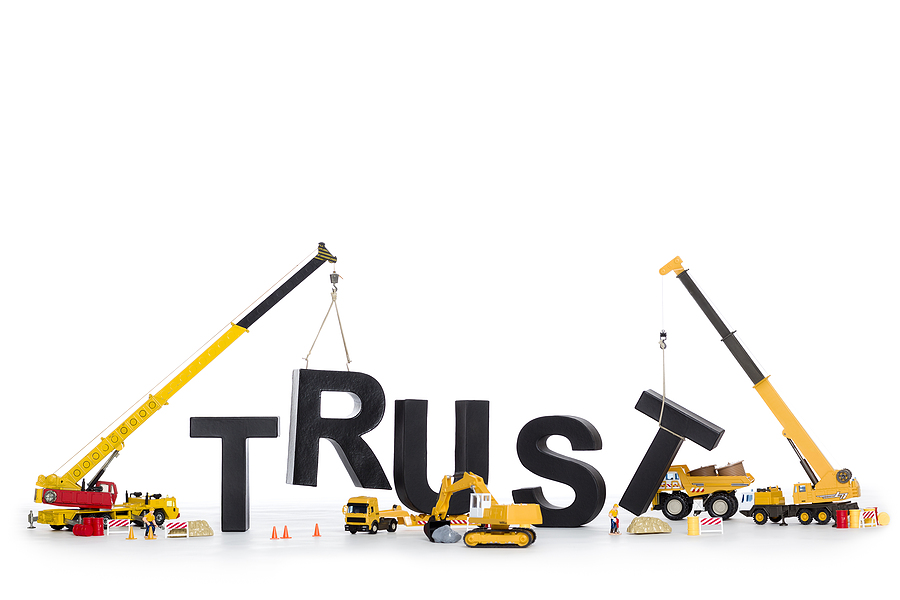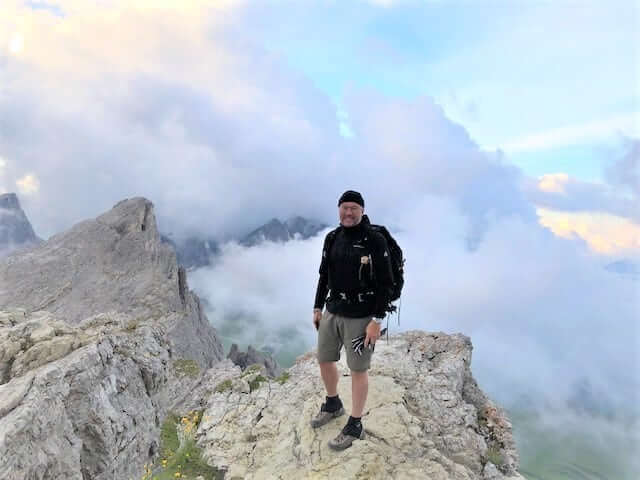Blog #245
My favorite writer on leadership health, Patrick Lencioni, suggests that team health comes down to the trust the team members have with each other.
I could not agree more. During client sessions, we do check-ins where I express my expectations of the team for that day; I typically say something similar to Patrick Lencioni’s advice, but with variations. My objective is to maximize our time together – to our highest and best use. To achieve this objective, everyone at the table (or lately, “on the screen”), must be honest and candid with one another.
As a facilitator, the four main obligations I have to the team are to:
- Create a confidential environment where people feel comfortable expressing different opinions, and to ensure that if someone comes across with negative intentions, to manage it.
- Read the body language of those in the room; when I notice someone getting uncomfortable or shutting down, I try to ensure they stay involved.
- Push the collective thinking to a new place they have not been before. To do this, they will need to step outside “the box” and challenge traditional thinking.
- Be willing to “go there”. In other words, when there is an elephant in the room that no one wants to talk about, but they probably should. My job is to get the hard conversations started.
The reality is that very few teams start off healthy. Often, there are issues below the surface that people are aware of, but avoid at all cost. Virtually every team engages in conflict avoidance and, as a result, they spend unimaginable amounts of energy worrying about it or kicking the can down the road. However, I have never seen a situation where one of the underlying issues simply goes away. In fact, I have witnessed some teams enduring the same pain for years on end.
I have gravitated towards suggesting team members become more honest and unfiltered with expressing their thoughts and feelings. In the long run, putting these issues and concerns on the table will save time and create a cohesive, trusting team. Going forward, I encourage you to present this idea to your team and see what comes of it. The first step to building a trusting team is knowing which issues to address.
Are you a leader looking to build trust within your team? Could your organization use more cohesion? Reach out to us today to find out how we can help you and your company!
Keep Smiling,
Kris





